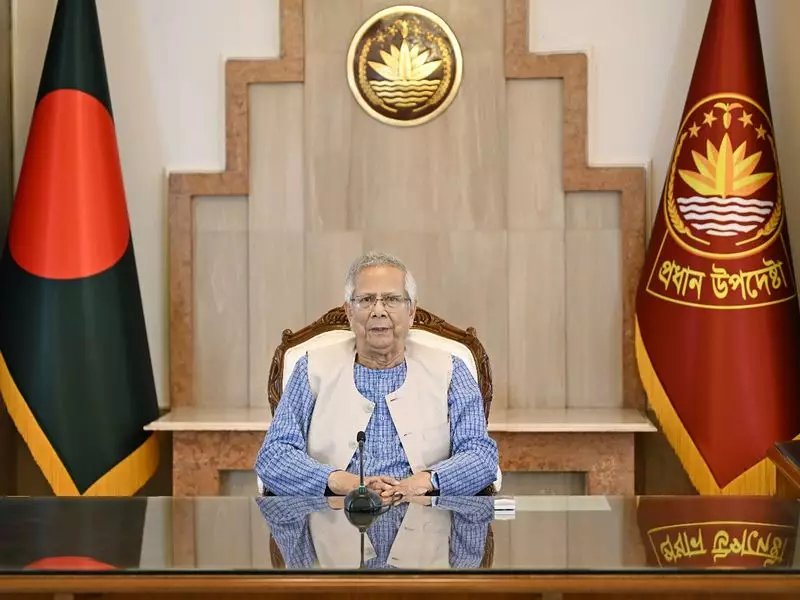
Bangladesh is preparing for a significant democratic exercise this July as the country plans to conduct a constitutional referendum simultaneously with its national parliamentary elections. This dual electoral process marks a crucial moment in Bangladesh's political landscape.
Simultaneous Democratic Exercises
The Chief Advisor of Bangladesh's interim government, Justice Obaidul Hassan, has officially confirmed that the referendum concerning the country's charter will be held alongside the national parliamentary elections scheduled for July. This announcement came during a media briefing where Justice Hassan outlined the government's roadmap for the upcoming political processes.
The constitutional referendum represents a pivotal moment for Bangladesh's governance structure, potentially bringing significant changes to the nation's foundational legal document. While specific details about the proposed constitutional amendments remain under discussion, the decision to combine both electoral processes indicates the government's intention to streamline democratic exercises.
Electoral Timeline and Preparation
According to the Chief Advisor, the Election Commission of Bangladesh has been directed to make necessary preparations for conducting both the referendum and parliamentary elections concurrently. The July timeline provides a clear framework for political parties and citizens to prepare for both democratic exercises.
The interim government, led by Justice Hassan, has emphasized its commitment to ensuring free and fair elections alongside the constitutional referendum. Security arrangements, voter education programs, and logistical preparations are being coordinated to manage the complexity of conducting two significant democratic processes simultaneously.
Political Implications and Public Response
This dual approach to constitutional and electoral processes has generated considerable discussion among political analysts and stakeholders in Bangladesh. Some view it as an efficient method to address constitutional matters while proceeding with regular democratic cycles, while others express concerns about the potential for voter confusion.
The national parliamentary elections themselves represent a critical juncture in Bangladesh's democratic journey, with various political parties already beginning their preparations for the electoral contest. The addition of a constitutional referendum adds another layer of significance to the July democratic exercise.
International observers are expected to monitor both the referendum and parliamentary elections, given Bangladesh's strategic importance in South Asia and the global interest in the country's democratic processes. The government has indicated willingness to facilitate transparent observation of both exercises.
As Bangladesh moves toward this important July deadline, political parties, civil society organizations, and citizens are engaging in discussions about both the constitutional changes and the parliamentary elections. The coming months are likely to see intensified political activity and public debate about the nation's future direction.





